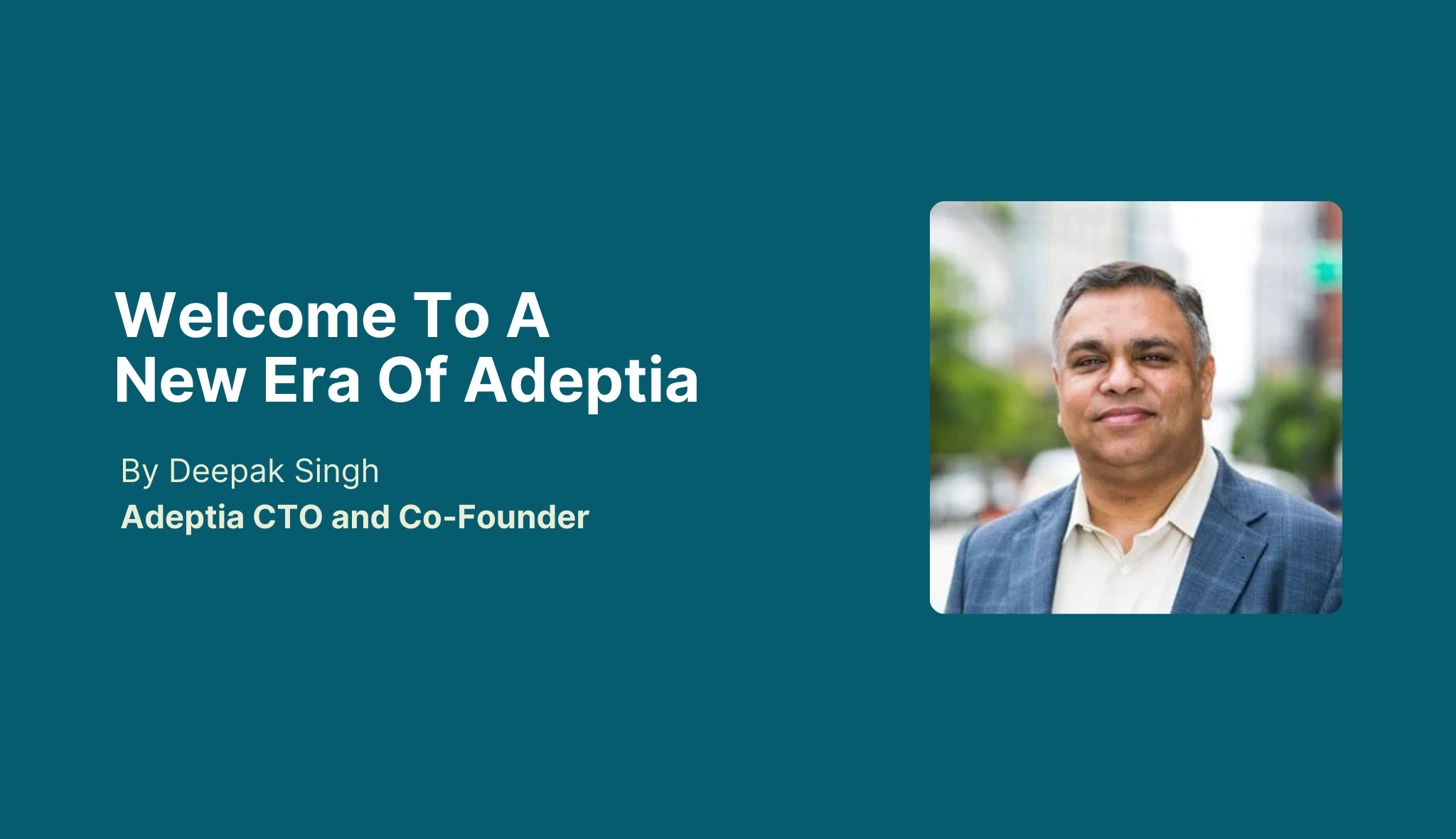In the complex world of employee benefits, efficient data exchange is the backbone of successful operations. The LIMRA Data Exchange (LDEx) standards have emerged as a critical framework for streamlining information sharing between insurance carriers and benefits administrators. As these standards gain momentum across the industry, organizations face the challenge of implementing them effectively while maintaining operational efficiency.
The LIMRA LDEx Standard Evolution
Initially released in January 2020, the LDEx Standards were designed to create consistency in how insurance carriers and benefits administration technology companies share employee benefits information. By establishing common terminology and data structures, these standards reduce errors, drive consistency, and dramatically streamline the benefits enrollment process.
The standards have evolved to address multiple facets of the benefits lifecycle:
- Benefits Enrollment Management (BEM) - Allowing enrollment in group medical products, FSAs, HSAs, and HRAs with support for real-time processing via REST APIs
- Evidence of Insurability Status & Decision (EOIS) - Enabling carriers to pass application status and underwriting decisions to benefits administrators
The impact has been transformative, reducing multi-day processes to minutes and creating more responsive benefits administration systems. The standards also allow for bidirectional data exchange, creating a more seamless experience for all stakeholders.
Implementation Challenges
Despite the clear advantages of LDEx adoption, many organizations struggle with implementation challenges:
- 1.Technical Complexity - Converting existing data flows to meet LDEx standards requires specialized expertise
- 2.Resource Constraints - IT teams are often overwhelmed by competing priorities
- 3.Integration Barriers - Connecting legacy systems to modern API-based data exchanges creates technical hurdles
- 4.Ongoing Maintenance - Standards evolve, requiring continuous updates and adjustments
These challenges have created a gap between the promise of LDEx standards and the reality of implementation for many insurance carriers and benefits administrators.
How Adeptia Connect Enables LDEx Implementation
Adeptia Connect addresses these challenges with a comprehensive approach to first-mile data automation that specifically supports LIMRA LDEx standards implementation. Rather than building custom integrations from scratch, organizations can leverage pre-built components while maintaining the flexibility to adapt to their specific business processes.
Comprehensive LDEx Standard Support
Adeptia Connect offers end-to-end capabilities for both sending and receiving LDEx standard messages:
For Benefits Administrators:
- Pre-built schemas for LDEx formats in XML, JSON, and Excel
- Data maps to transform hierarchical LDEx formats into normalized structures
- Rule engines to validate and enrich incoming data
- Automated orchestration for posting requests to carrier REST APIs
- Complete response handling and acknowledgment processing
For Insurance Carriers:
- Ready-to-use REST API endpoints for receiving EOI and BEM messages
- Flexible options for file-based or API-based data exchange
- AI-powered data validation and business rules
- Orchestration workflows for processing incoming LDEx messages
- Seamless integration with existing systems of record
Key Technical Components
Adeptia Connect provides a comprehensive toolkit of proven and tested pre-built components:
- LDEx Schema Library - Complete set of schemas for all LDEx standards
- Transformation Maps - Pre-built data maps for converting between formats
- Validation Rules - Extensive library of 90+ field-level validation rules
- Business Rules Engine - 33+ pre-configured business rules specific to insurance processing
- Process Flows - Orchestration templates for common LDEx scenarios
- API Connectors - Ready-to-use connections for modern integration patterns
Business User Empowerment
Unlike traditional integration approaches that require specialized IT resources, Adeptia Connect enables business users to manage LDEx implementations:
- Intuitive interfaces for configuring and monitoring data exchanges
- No-code approach to adapting pre-built components
- Self-service capabilities for onboarding new partners
- Real-time visibility into message processing and exception handling
Real-World Benefits
Organizations implementing LDEx standards with Adeptia Connect have achieved significant business outcomes:
- Accelerated Implementation - Reduced project timelines from months to weeks
- Reduced IT Dependency - Empowered business teams to manage data exchanges
- Enhanced Scalability - Easily expanded from hundreds to thousands of connections
- Improved Customer Experience - Faster processing of benefits applications and changes
- Upgraded Operational Efficiency - Automated validation and error handling reduces manual intervention
Looking Ahead
As LIMRA continues to evolve the LDEx standards, organizations need flexible platforms that can adapt to new requirements while maintaining business continuity. Adeptia Connect's approach combines ready-to-use components with the flexibility to accommodate changing standards, providing a future-proof solution for insurance carriers and benefits administrators.
By addressing the first-mile data challenges associated with LDEx implementation, Adeptia enables organizations to realize the full potential of standardized data exchange - streamlining operations, improving customer experiences, and creating competitive advantages in the rapidly evolving benefits landscape.
Whether you're just beginning your LDEx implementation journey or looking to optimize existing processes, Adeptia Connect offers a proven path to success through intelligent data automation specifically designed for the insurance industry's unique requirements.





